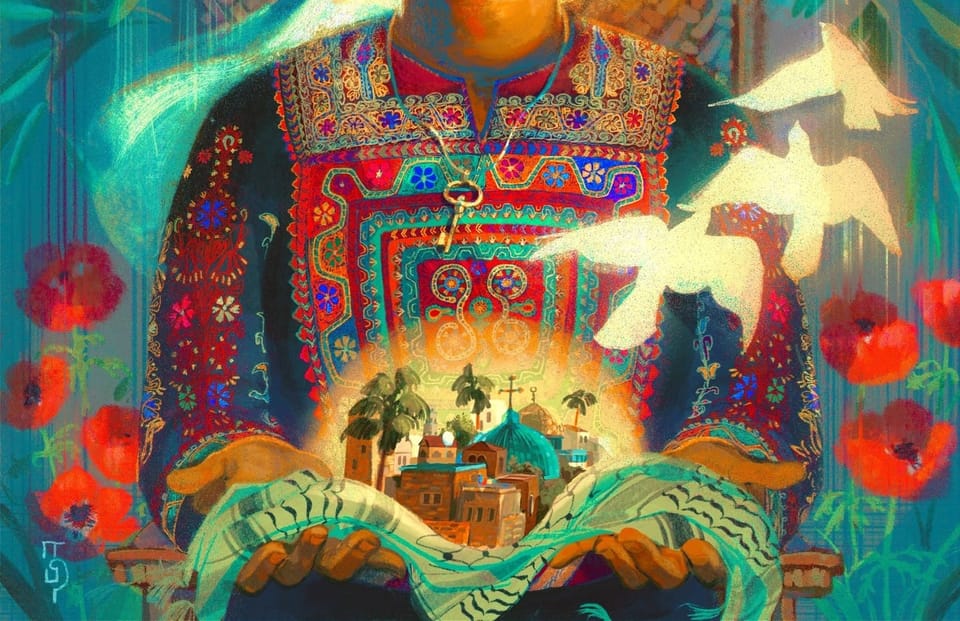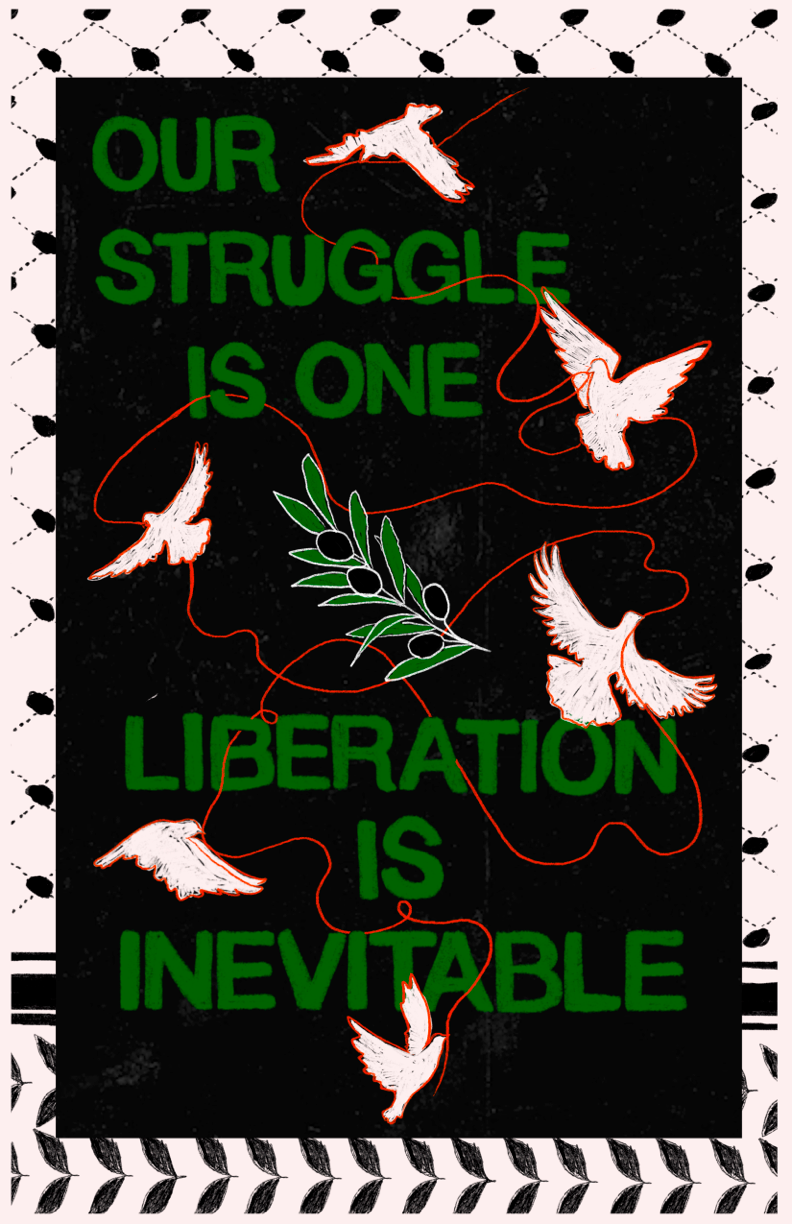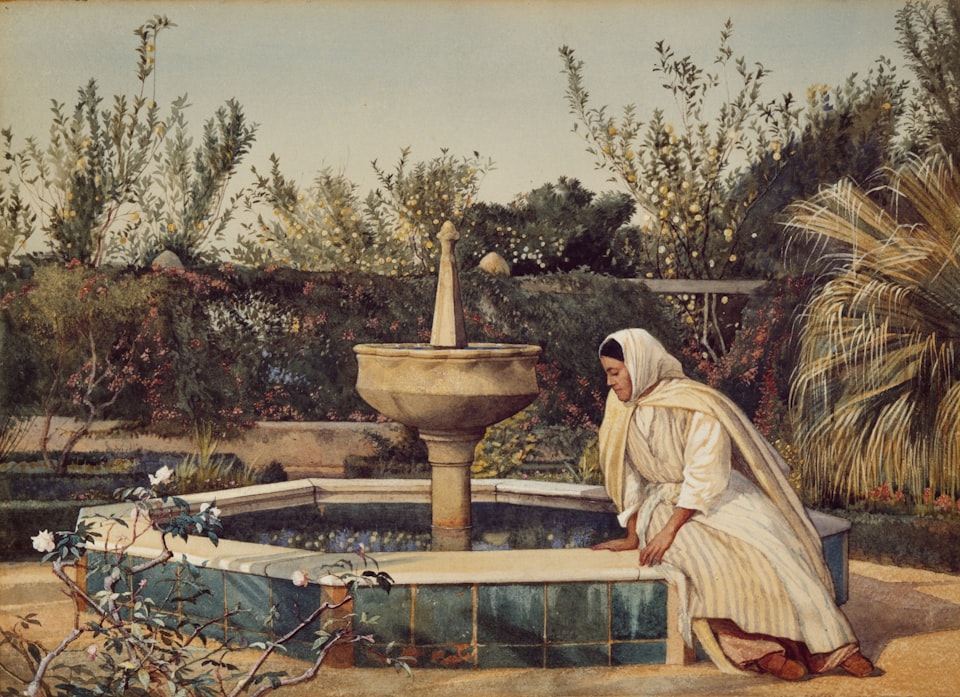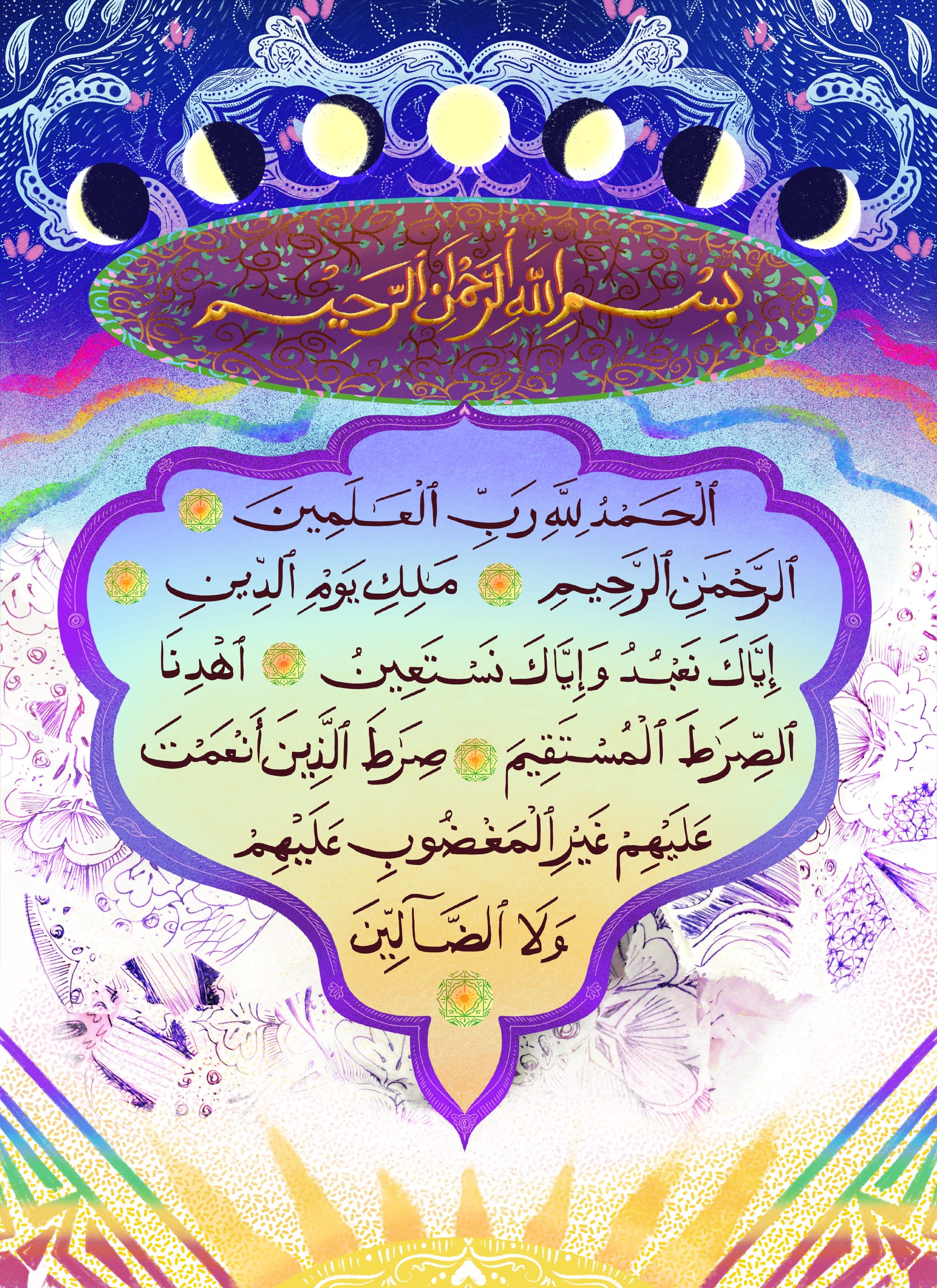A transcendent affiliation
When Muslims eventually created their own calendar a dozen years later, they looked back and decided this was the year it began.
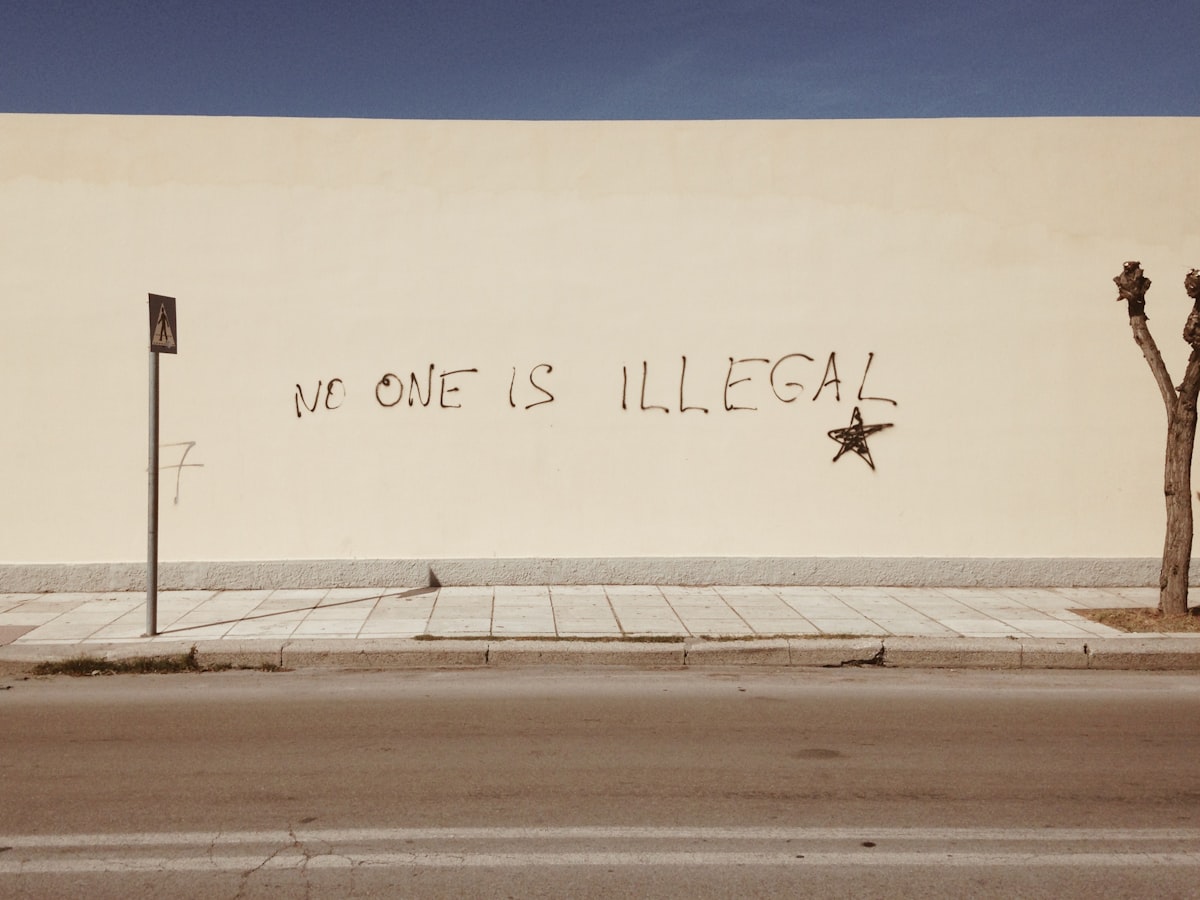
Hey friend,
Today is 1 Muharram, or new year in the lunar Muslim calendar.
But the Muslim new year isn’t Muhammad’s birthday— Islam paid little attention to that. It isn’t the revelation in the cave near the end of Ramadhan— though Muslims call that the Night of Power, that sacred event was still ten years before what would be the starting point of the Muslim calendar of history.
It was that one heartbreaking year when two of his loved ones who most supported his safety died. That year, seven of his elder relatives tried to kill him in his sleep. Without the clout of his non-Muslim uncle and beloved badass older wife, he was vulnerable, and so were the Muslims. Muhammad escaped murder because he snuck out to an agricultural town, responding to an invitation to negotiate peace between their quarrelling tribes. (Several of them had met him in Mecca before and something about him inspired them to try this out). It worked: They all sat with Muhammad and came to a multiparty treaty. And because he pulled this off, the persecuted Muslim minorities of Mecca had a safe place to move to, and each migrant family was assigned a Yathribi townsperson to help them start a new life.
When Muslims eventually created their own calendar a dozen years later, they looked back and decided this was the year it began.
A vulnerable minority group migrating safely from one town to another was the turning point in their history that divided all of time into before the Hijra and after— the birth of a community and a change of perspective. Tamim Ansary writes in Destiny Disrupted: A History Of The World Through Islamic Eyes:
Before the Hijra, Mohammed was a preacher with individual followers. After the Hijra, he was the leader of a community that looked to him for legislation, political direction, and social guidance. The word hijra means “severing of ties.” People who joined the community in Medina renounced tribal bonds and accepted this new group as their transcendent affiliation.
And what were they supposed to do together without these tribal bonds? From the start of its calendar year, Islam was not just a religion, it was a sociopolitical project. Tamim Ansary again:
... instead of focusing on isolated individual salvation, Islam presents a plan for building a righteous community. Individuals earn their place in heaven by participating as members of that community and engaging in the Islamic social project, which is to build a world in which orphans won’t feel abandoned and in which widows won’t ever be homeless, hungry, or afraid.
